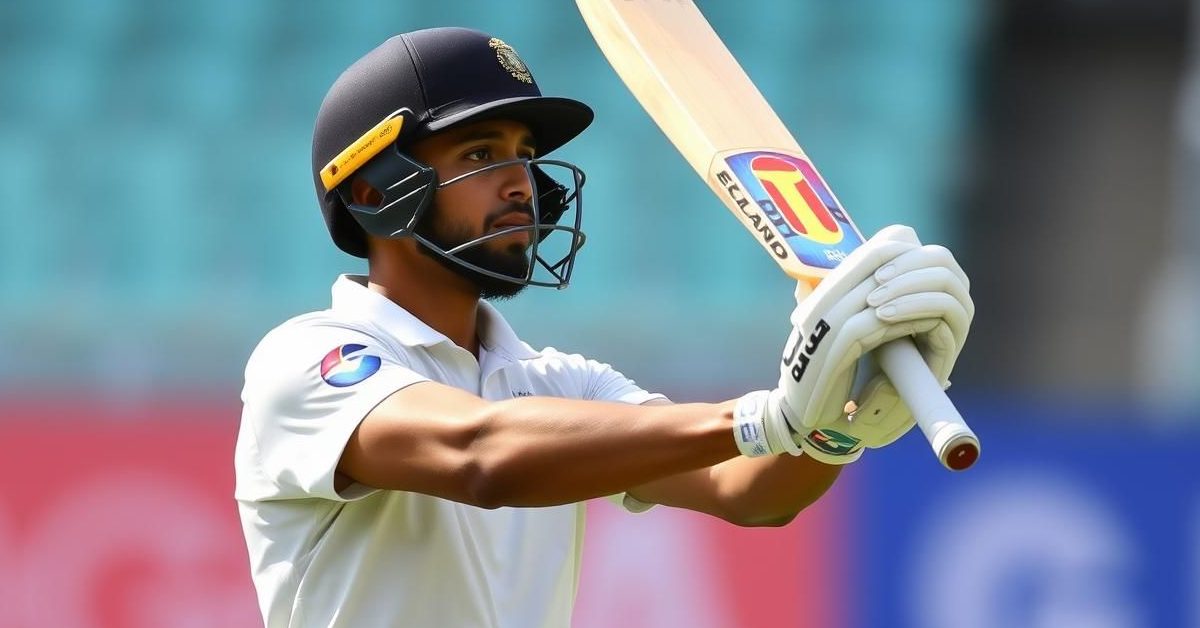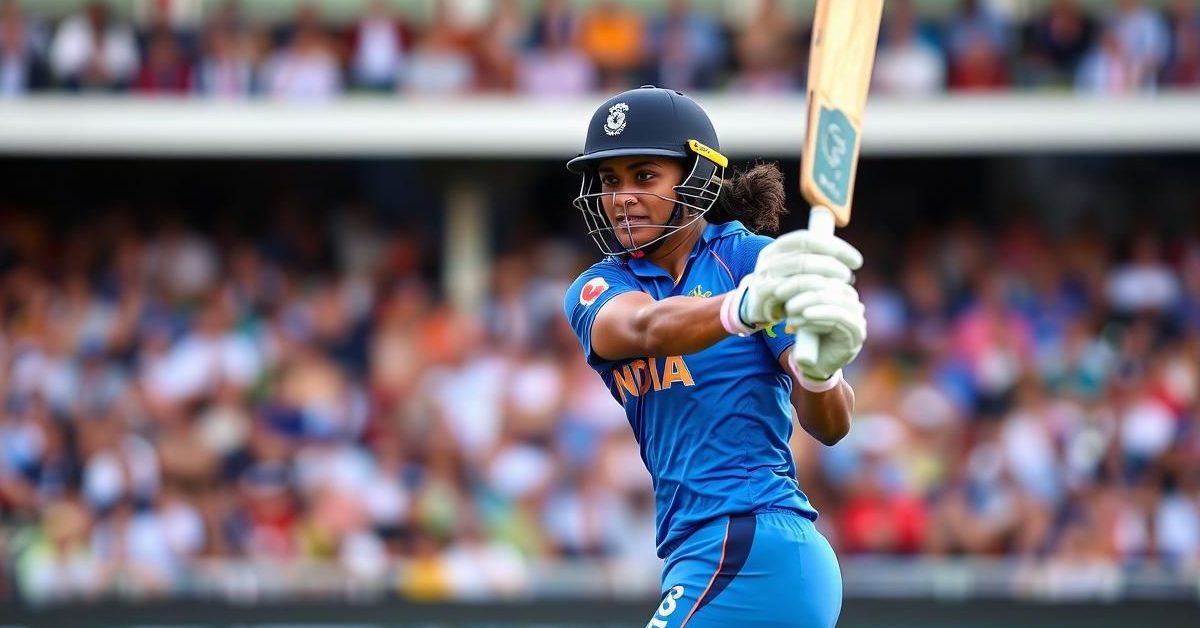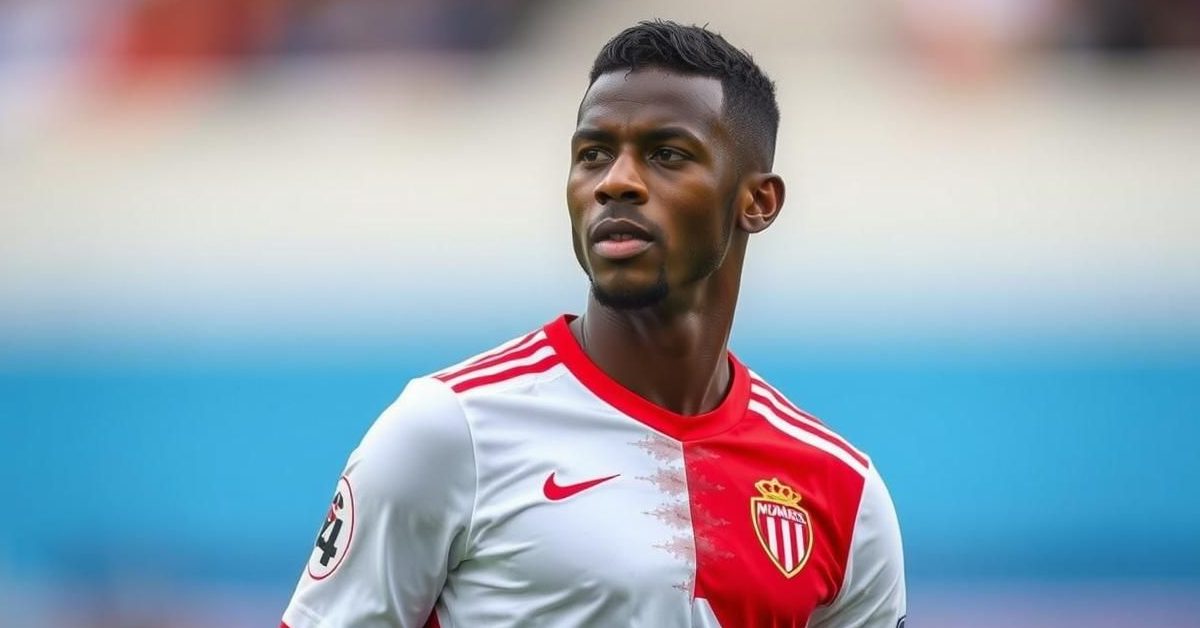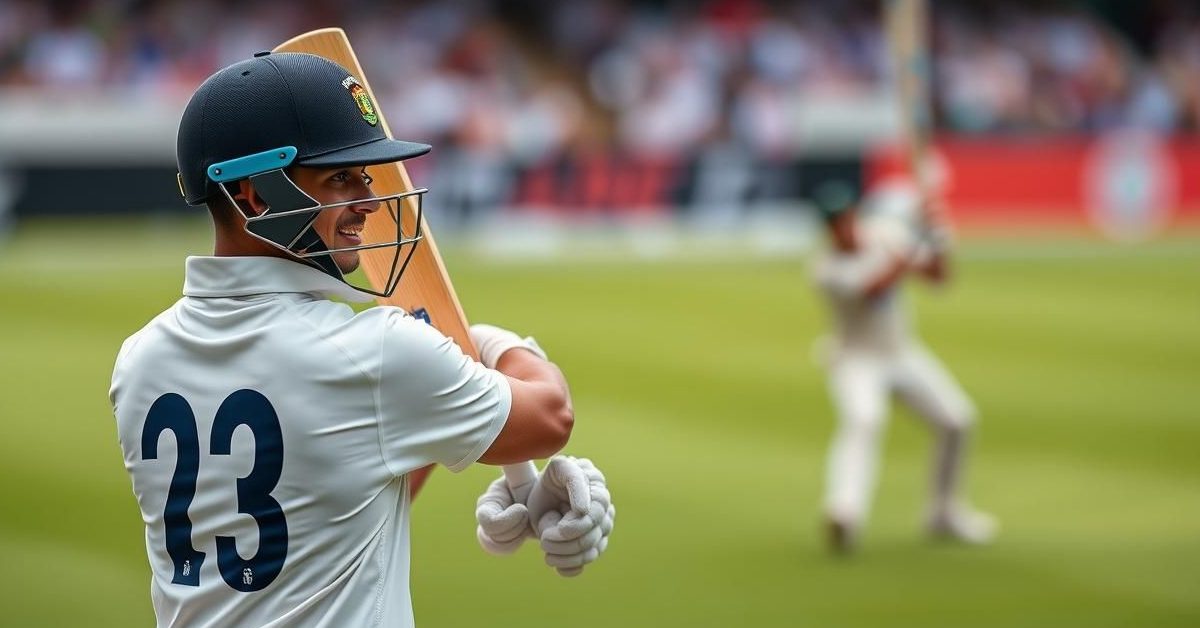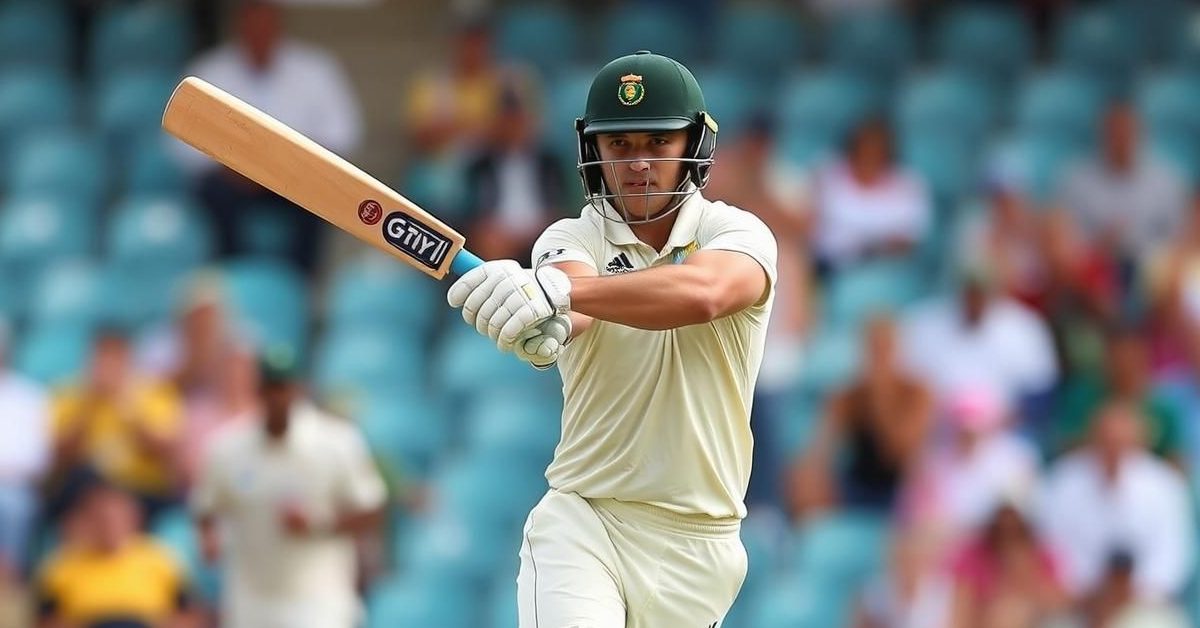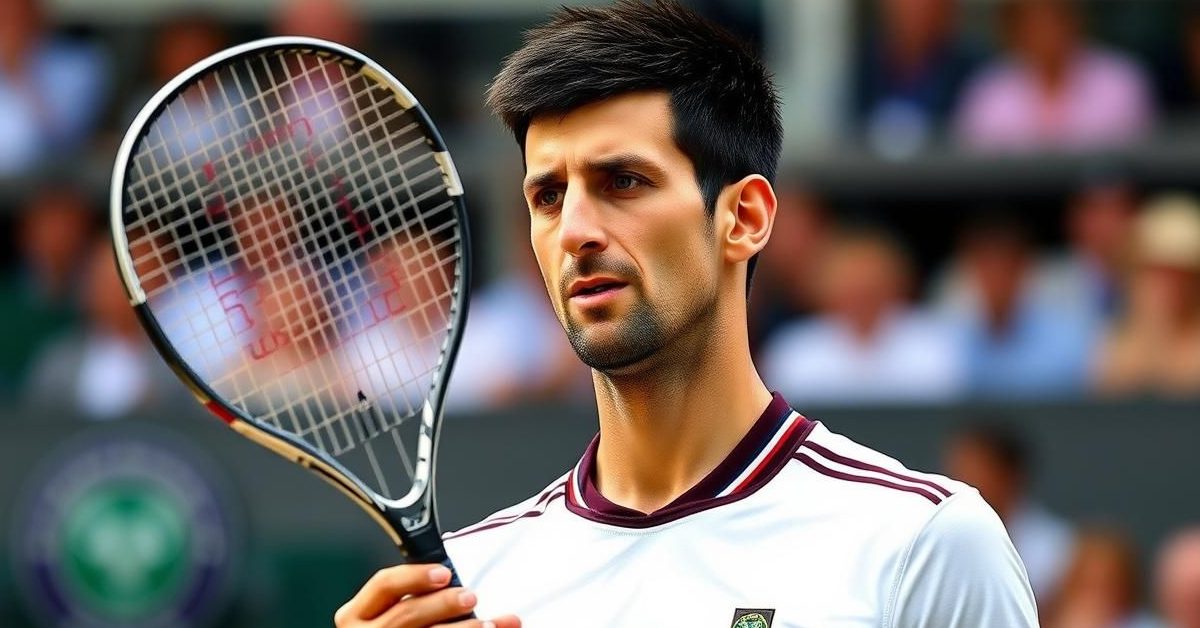Shubman Gill’s Baptism by Fire: A Captaincy Under the Scanner
The crucible of Test cricket offered a challenging initiation for Shubman Gill as he recently assumed the captaincy of the Indian Test side. Stepping into the formidable shoes of seasoned veterans like Rohit Sharma and Virat Kohli, Gill faced a stern opening assignment: a five-match Test series against England. His tenure began with an immediate trial by fire, as India succumbed to a five-wicket defeat against the home side at Leeds, specifically at the historic Headingley ground. Despite this initial setback, former Indian head coach Ravi Shastri has voiced an unwavering belief in Gill’s potential, stating he would be profoundly disappointed if the young talent doesn’t ascend to stratospheric heights in the coming years.
Shastri’s Profound Conviction in Gill’s Latent Talent
Ravi Shastri, known for his forthright opinions and keen eye for talent, articulated his admiration for Gill’s natural flair. Speaking to Wisden.com, Shastri painted a vivid picture of Gill’s batting prowess: “I’ll be disappointed if Gill doesn’t go places. Languid, lazy elegance, and he’s got a regal element of being regal out there when he’s batting.” This description highlights a unique blend of effortless grace and an innate sense of authority at the crease. Shastri further emphasized that if Gill can harness the power of exposure and adeptly adjust to diverse cricketing conditions globally, he sees a future superstar emerging. It’s a ringing endorsement, earmarking Gill as a name to watch closely for the future of Indian cricket.
Nurturing Young Leadership: Shastri’s Plea for Patience
Beyond his on-field artistry, Shastri noted significant strides in Shubman Gill’s off-field demeanor and leadership qualities. “He’s matured a lot. The way he handles the media, the way he talks at press conferences, at tosses, he’s matured a lot,” Shastri observed. This growth in communication and composure under public scrutiny is vital for a player earmarked for leadership. Crucially, the former India head coach advocated for a sustained period of support for Gill. “Let him be there for three years. Don’t chop and change irrespective of what happens in the series. Stick with him for three years and I think he will deliver for you,” Shastri asserted, underscoring the critical need for stability and continuity to allow a young captain to truly flourish and imprint his vision on the team.
India’s Dominant Stake in Global Cricket Revenue
Transitioning to broader cricketing economics, Ravi Shastri also weighed in on India’s considerable share of the International Cricket Council’s (ICC) revenue. With India slated to receive 38.5% of the ICC’s total revenue for the 2024-27 cycle, Shastri vociferously defended this allocation, arguing that India’s contribution merits an even larger slice of the financial pie. His rationale is rooted in fundamental economic principles and the undeniable reality of cricket’s financial landscape.
Justifying India’s Demand for a Larger Share
“I would want more because most of the money that’s generated comes from India,” Shastri stated unequivocally to Wisden. He drew a compelling parallel, noting that if another economy were to emerge as a stronger financial hub for cricket, as was the case in the 1970s and 80s when significant funds originated elsewhere, the revenue distribution would naturally shift. Therefore, in the current scenario, it is only equitable that the principal revenue generator receives a commensurate share. Shastri emphasized the immense value generated when the Indian team travels, highlighting the astronomical television rights and broadcasting income an India series commands. For him, the current allocation, while substantial, merely reflects the colossal economic influence India wields within the sport, and in his view, a larger share would be entirely justifiable given their monumental contribution to global cricket’s financial health.
